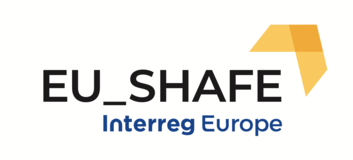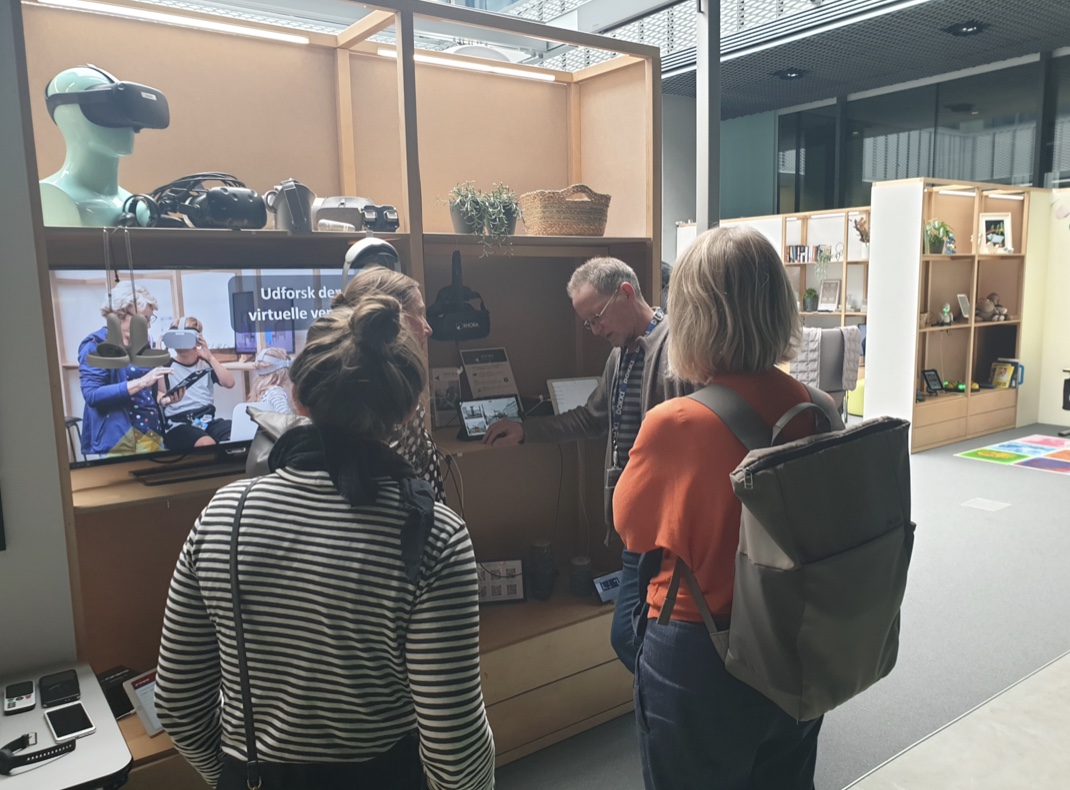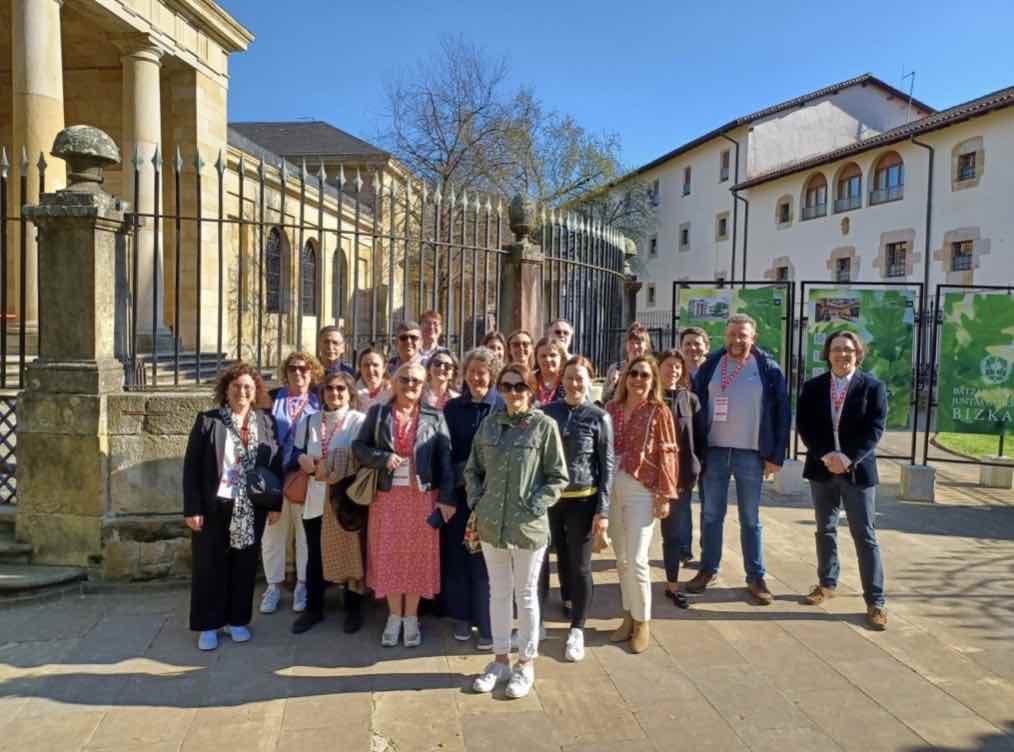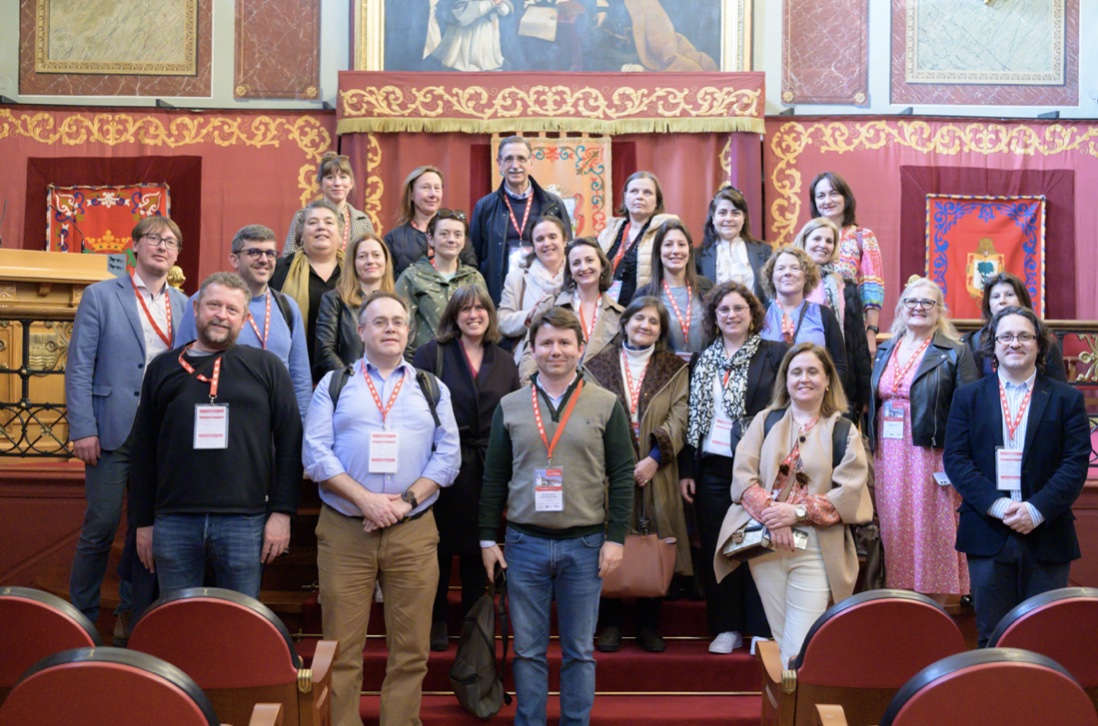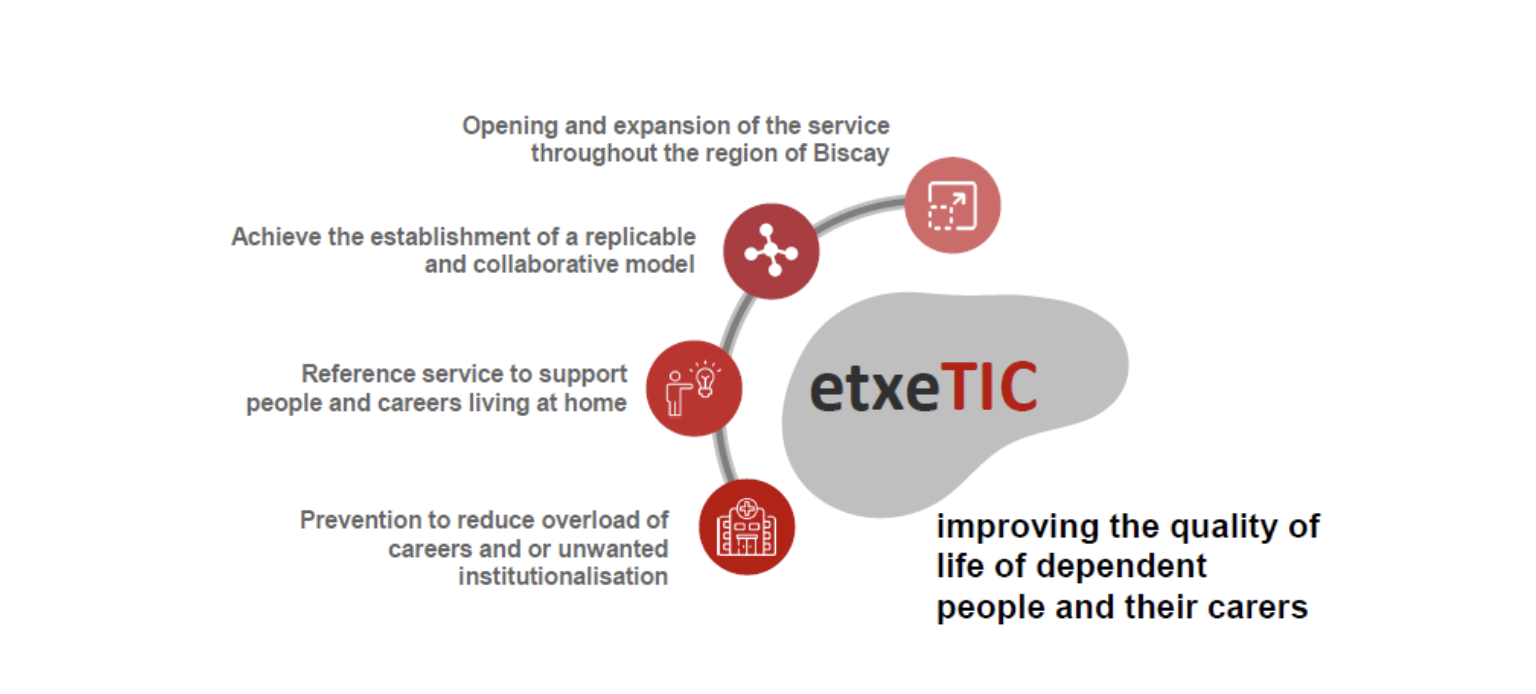The EU_SHAFE project aims to improve policies and practices in 7 European regions by contributing to regional policy towards a comprehensive approach to Smart Healthy Age-Friendly Environments (SHAFE). EU_SHAFE is one of a series of SHAFE-oriented projects. The TU Dublin team are involved in three of these EU funded projects; EU_SHAFE, Hands-on SHAFE and NET-4-AGE-FRIENDLY. Several activities, including promotion, dissemination, white papers, workshops have been put in place by project partners across these “sister” projects to raise the profile of SHAFE across the EU.
As a contribution into this activity, TU Dublin researchers have recently submitted an explorative research on the potential of smart technologies to fostering the creation of Age-Friendly Environments. This work was recently presented at the International conference on applied ergonomics and human factors and published in the book series Advances in Intelligent Systems and Computing, vol 1202. Springer, shows people’s perspective on the use of smart devices.
The global introduction of affordable Internet of Things (IoT) devices offers an opportunity to empower a large variety of users with different needs. However, many off-the-shelf digital products are still not widely adopted by people who are hesitant technology users or by older adults, notwithstanding that the design and user-interaction of these devices is recognized to be user-friendly. In view of the potential of IoT-based devices, researchers started to investigate strategies to reduce the obstacles of a cohort with low digital literacy and technology anxiety with the goal of enabling them to be equal participants in the digitalized world.
The study by the TU Dublin SHAFE team shows the method and results achieved in a community-stakeholder workshop, developed through the participatory design methodology, aiming at brainstorming problems and scenarios through a focus group and a structured survey. The research activity focused on understanding factors to increase the usability of off-the-shelf IoT devices for hesitant users and identify strategies for improving digital literacy and reducing technology anxiety. A notable result was a series of feedback items pointing to the importance of creating learning resources to support individuals with different abilities, age, gender expression, to better adopt off-the-shelf IoT-based solutions.
Through a participatory research methodology, the exploratory study by the TU Dublin SHAFE researchers, aligns with the EU-SHAFE goal to build and exchange experiences and practices to improve multilevel policy instruments for the future development of Smart Healthy Age-Friendly Environments.
#EU_SHAFE
